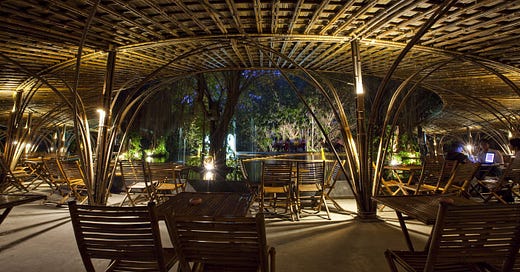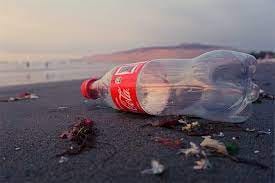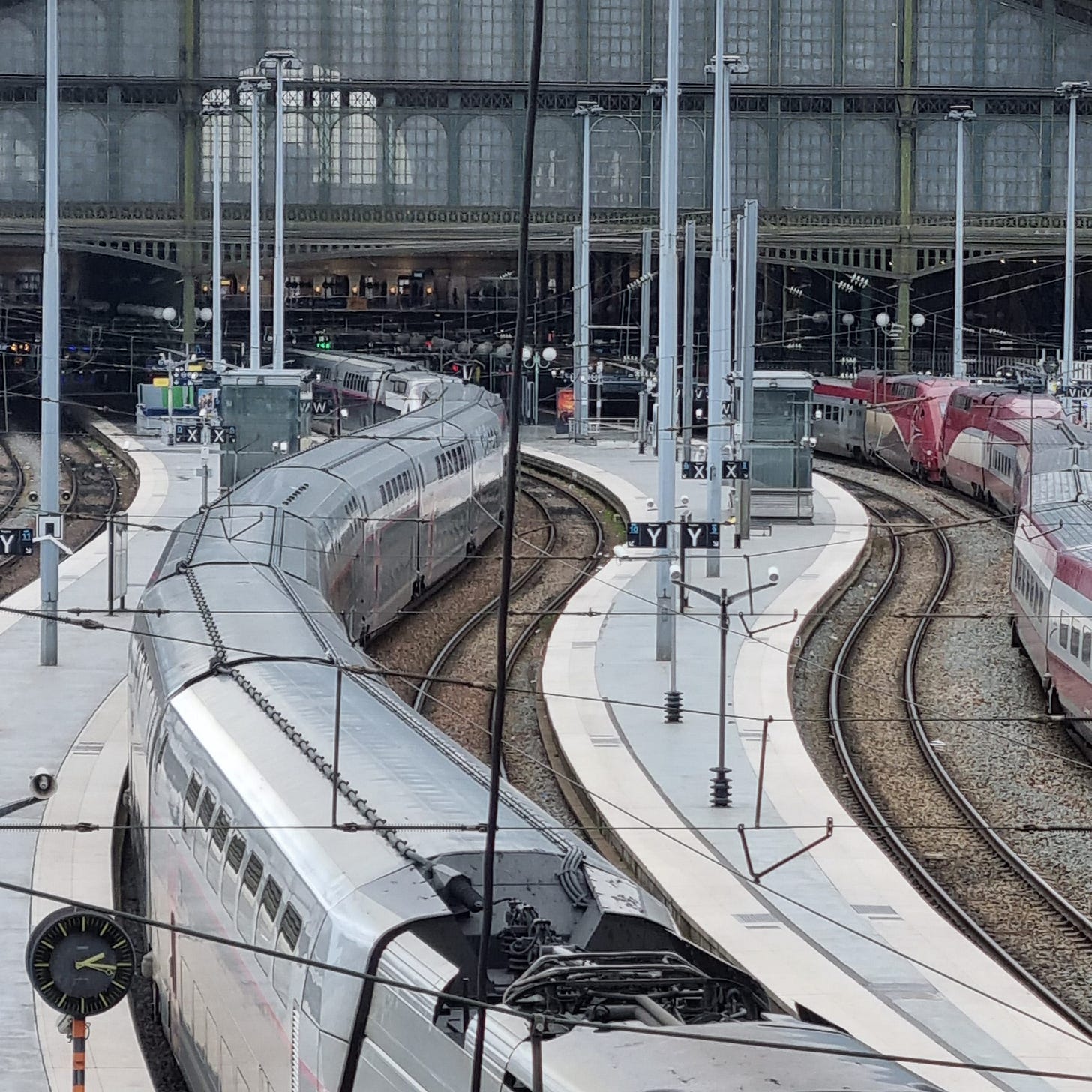Brands behaving badly
Electric vehicles (EVs) to pay their way
It’s fair to say, I’ve resisted bashing recent UK governments and the duplicitous, talentless, careerists who have come and gone so far, since the buffoon era began. Many wonderful journalists already do a far better job.
Last week, the autumn statement, another budget, mini or otherwise, showed a significant lack of imagination when it comes to EV purchase. It appears to be deliberately slowing the process down and forgetting about a tiny wee obligation in 2030 - when sparkly new fossil fuel cars will no longer be available.
From April 2025, EVs will be liable for road tax or vehicle excise duty, to use the correct term, and will pay £165 per year. They will also be subject to the £355, expensive car supplement, if the purchase price is over £40,000. A figure easily exceeded by many manufacturers with their current EV ranges, which remain at a premium to fossil fuel equivalents.
The supplement runs from the second to sixth year of a car’s life and will add an additional £2,130 in tax.
One in every six cars bought in the UK in 2022 is a pure EV. At the moment, buyers pay no tax, because it’s all about a vehicle’s emissions, increasing with the official CO2 stat for each car.
Hunt, the current Chancellor, is rightly concerned that his comfortable bath of fuel duty and road tax valued at around £35 billion has been missing a plug for a while now and the whirlpool is noticeably bigger after the recent economic black hole opened up.
Car ownership has always been an easy government target for tax revenues. It was only a matter of time before the electric-flavoured variety came into focus. It’s also about timing and this decision is shortsighted if the government is still serious about fossil fuel vehicle abolition in 2030.
What is really needed here is a complete re-think with some creative inspiration. The obvious place to start is to make it even more onerous to buy an expensive fossil fuel guzzler. The heavy polluters currently pay £2365 in their first year and £520 for the next five. Make that privilege at least two to three times more expensive.
As electric ownership grows, levelling up could be found with tax hikes on public charge points, although it’s difficult to see how that would translate for home charging. A better solution is perhaps a fee per journey taken, dependent on distance and fuel consumed (assuming a mixed fuel economy exists).
Coca Cola - was the primary sponsor at COP27
Courtesy of Campaign
I’m not sure who’s more culpable, Cocoa Cola, or the United Nations, which must have given up any pretence of choosing to associate with worthy economic partners trying to do the right thing.
Coca Cola may have invented Christmas, but it’s also the world’s biggest plastic polluter for the last 4 years. They manufacture 200,000 plastic bottles every minute, many of which are sold into developing nations with no waste management systems. They employ lobbyists, whose remit is to block and derail plastic pollution projects and deposit return schemes.
Their COP 27 press release is full of ambiguity and percentages, amounting to nothing more than corporate greenwashing speak in lengthy, obfuscating sentences.
Why are polluters like Coca Cola given the time of day? Shouldn’t they be told to clean up their act and don’t come back until you can behave in an environmentally friendly way?
The answer might be in the sort of money involved. Cop 26 in Glasgow had a sponsorship package worth £240m. It’s become the biggest trade show on earth, referred to as the green zone, where lobbyists and corporates hang out plying their wares. It has nothing to do with saving the planet, which takes place in the blue zone, where politicians from around the world gather to do the right thing, or not.
They’re clearly not very good at it given that Sharm-El Sheikh is the 27th annual conference and targets continue to be missed.
Green discovery
Bamboo, the new green steel
Courtesy of VTN Architects. Cafe, Binh Doung, Vietnam
In Hong Kong the use of bamboo in construction is commonplace. High rise buildings often go up with the help of bamboo scaffolding, demonstrating the inherent strength in the material. It’s stronger and less surprisingly cheaper than steel or aluminium and a whole lot more flexible. The raw material can also be adapted to form part of the building not just the traditional platform for construction workers to walk on.
Over the next 40 years, the world is forecast to construct the equivalent of one New York City a month. With construction accounting for two fifths of global carbon emissions, the potential role for bamboo could be significant.
Nghia is a Vietnamese architect who used bamboo to design and build the Wind and Water Cafe in 2006 (see photo). Growing up where bamboo furniture and tools are common, it was an easy step for him to start incorporating bamboo into his building design. A lot more architects need to get on board.
The best type of bamboo for building is Giant Guadua, native to Latin America and already grown for lumber in Columbia. It can grow 20 feet in five years, which is far quicker than traditional hardwoods which take at least 70 years to mature.
Rizome, a company which has traditionally grown and farmed hardwoods aims to plant 10 million bamboo clumps of Guadua in the Philippines and Florida by 2030, a new cash crop for the orange growers in the sunshine state.
Be happy
Domestic French flights banned
Thanks to christian tokoto, unsplash
In April, the French government said non, banning all short-haul domestic flights that can be travelled by train in under two hours 30 minutes. The impact is a 12% reduction in flights from their domestic schedule mostly between Paris and cities further south - Nantes, Lyon, Bordeaux and Marseille.
The British government are unlikely to ever make such a brave decision because they don’t have a Train à Grande Vitesse (TGV) network of fast trains, owned and invested in by the French government since the 1980s. The Paris - Lyon route is already the busiest in France and the TGV network carries 110 million passengers per year.
Protest pays in France. The introduction of this new rule was a direct result of the gilets jaunes (yellow vests) forcing the French President to set-up a citizens’ climate convention.
In contrast, just over half a million flights continue to be taken each year between London and Manchester, a journey which even the British dysfunctional rail network can complete in around two hours. Given that much of the pollution from any flight is during take-off and landing, it means the emissions per kilometre are 70% higher than long haul flights and 600% higher than taking the train.
Originally, the French climate convention plan was to ban all domestic flights with rail alternatives of less than four hours. While that hasn’t happened, it’s still impressive that a major economy has taken such steps solely for environmental reasons. It’s part of their national strategy to reduce carbon emissions by 40% by 2030.
Ontario, Canada has a well-kept secret
Courtesy of Clean Technica
Ontario was the first province, state or country, for that matter, to electrify 99% of its road network, including motorways. What’s surprising is not that it did it but when. By 2013, it was installed and operational, without any financial support from the Canadian government.
Sun Country Highway, a private company, introduced a network of free chargers, without government permission or cash.
Their aim was to help create awareness of electric vehicles (EV) and in particular support manufacturers like Tesla, who were on the verge of bankruptcy for a number of years.
With EV sales now thriving, it’s been a smart investment for Sun Country Highway as well, who offer a range of chargers for domestic and business use.
10 years on, the original, free to use model is mixed with pay for locations. Interestingly, many of the chargers have remained free because the host locations - towns, hotels and restaurants see a 100% return on their investment from the passing trade generated.









Another spot on piece of writing. Particularly the reference to the short sighted and talentless government.